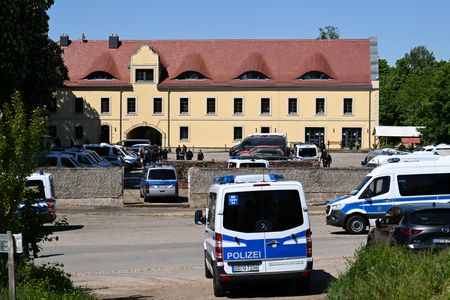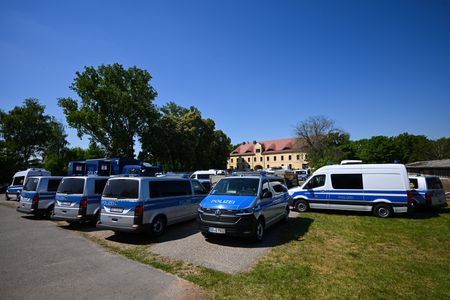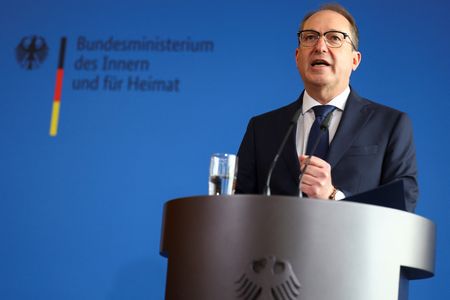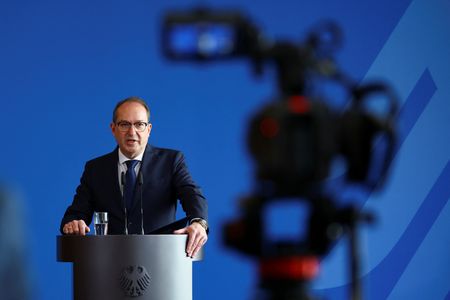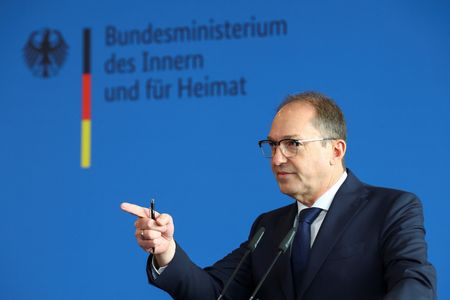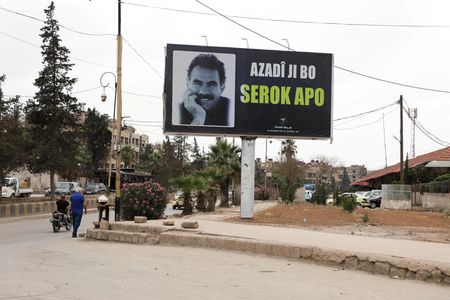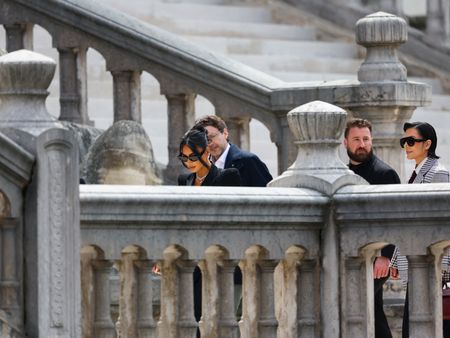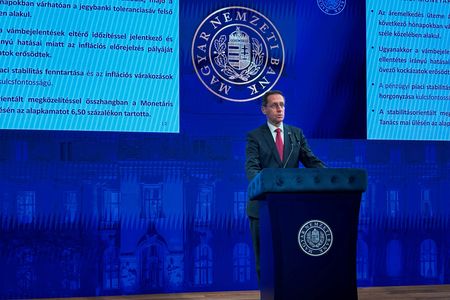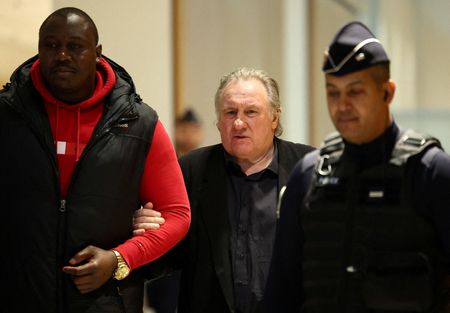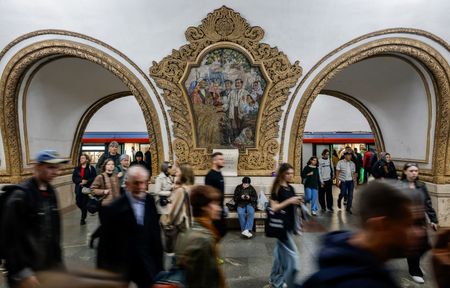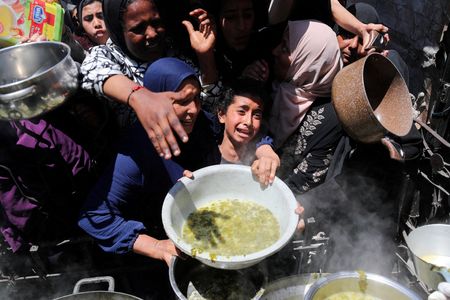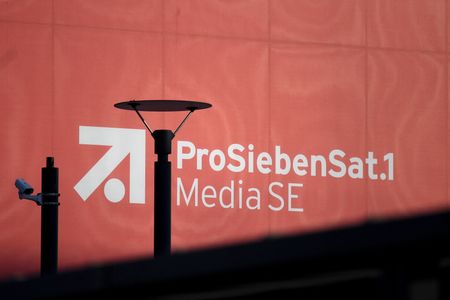BERLIN (Reuters) -Police arrested four members of a radical group seeking to replace the modern German state, the interior minister and prosecutors said on Tuesday, in the latest operation against a far-right movement flagged as a potential threat to democracy.
The raids against the Koenigreich Deutschland, or ‘Kingdom of Germany’, came after the interior ministry banned the group, which prosecutors said had established shadow institutions for a new state in line with a far-right ideology known as the ‘Reichsbuerger’ movement.
One of the four people arrested was the ‘Kingdom’s’ self-declared sovereign, the prosecutors said.
Germany’s domestic intelligence service put the broader Reichsbuerger movement under observation in 2016 after one of its members shot dead a policeman during a raid at his home.
Scrutiny of the movement, which covers a number of conspiratorial theories questioning the legitimacy of the modern German state, intensified in December 2022 when authorities thwarted advanced plans for an armed coup.
Its adherents believe that German democracy is an illegitimate facade and that they are citizens of a monarchy which, they maintain, endured after Germany’s defeat in World War One, despite its formal abolition.
The aim of the decade-old ‘Kingdom of Germany’ faction, which says it has about 6,000 supporters, is to secede from Germany and establish a counter-state with its own police force and jurisdiction, said Interior Minister Alexander Dobrindt.
“We are not talking about a group of harmless nostalgics but about criminal structures and a criminal network,” Dobrindt told reporters, adding their criminal economic network was long a focus for German authorities. No weapons were seized, he said.
Police acted on four arrest warrants for suspects identified as Mathias B., Peter F., Benjamin M. and Martin S., omitting their surnames in line with German privacy laws.
Prosecutors said the four men were suspected ringleaders of the group that had set up “pseudo-state-like structures and institutions”, including a bank and insurance system, an authority printing “fictional documents” and its own currency.
Peter F. was the group’s “supreme sovereign”, with oversight and decision-making powers over the group’s key areas, prosecutors said.
(Additional reporting by Madeline Chambers, Writing by Friederike Heine and Rachel More; Editing by Andrew Heavens, William Maclean)

